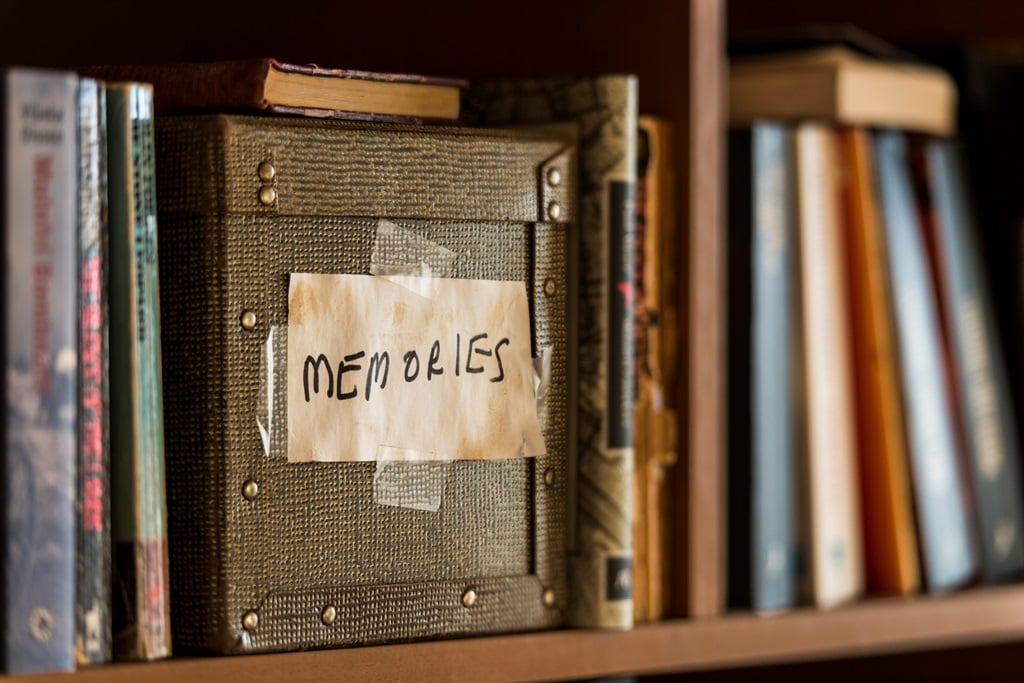Preserving important documents and memories of deceased loved ones, such as birth certificates and photographs, is significant in the healing journey of grieving families writes Mapi Mahlangu. (Photo: Getty Images/ Jan Hakan Dahlstrom)
Live by Design is a weekly News24 column by Dr Helena Dolny and Mapi Mhlangu on mortality and the conversations around it.
In a delicate dance between enduring grief and historical preservation, earlier this year, I embarked on a poignant journey to weave together the untold stories of the Soweto Uprising of 16 June 1976. Through the lens of lesser-known relatives of the 43 children whose tragic demise catalysed one of the most pivotal protests in the annals of South African history, we were able to delve into a story often overlooked but profoundly impactful.
The brief from the client (Nedbank and Joe Public) was simple yet thoughtful: “Despite the indelible mark left by the ’76 youthful martyrs, it became apparent that their names and sacrifices had regrettably begun to fade from the collective consciousness of today’s generation. In an endeavour to honour the legacy of the Class of ’76, we want to inscribe their names on school honour boards, breathing new life into their enduring contributions.”
Thus commenced a poignant journey as we sensitively approached parents and relatives, now in their twilight years, urging them to revisit the harrowing events of 1976. It was a process that inevitably reopened old wounds yet provided a poignant avenue to ensure that the memory of their loved ones would forever endure.
Preserving important documents and memories of the victims, such as birth certificates and photographs, is significant in the healing journey of the grieving families for several reasons:
1. By preserving these documents and memories, families can honour the memory of their loved ones they lost. It serves to keep their legacy alive and ensure they are not forgotten.
2. These items serve as tangible connections to the past and to the lives of the victims. They provide a sense of continuity and help families feel connected to their loved ones, even in their absence.
3. Having these documents and memories can aid in the grieving process by providing concrete reminders of the individuals who were lost. They can evoke emotions and memories that are important for processing grief.
4. Birth certificates and photographs are part of a person’s identity. Preserving these items can help families maintain a sense of identity for the victims and can contribute to a deeper understanding of who they were.
5. These documents and memories hold historical significance not just for the families but also for future generations. They provide a window into the past and help preserve the stories and experiences of those who came before.
6. For some families, preserving these documents and memories can be a way of finding closure or a sense of peace. It can provide a way to process the loss and come to terms with losing a loved one.
In the end, we profiled 10 families and these documents were digitised for schools. Despite the passage of time, their grief had never truly faded. Tears flowed, not only from the sorrow of loss but also from contemplation of what could have been.
They wondered about the futures that their children might have had, and the impact they could have made on their families and society. Concerns about the current state of South Africa, particularly the scourge of drugs among the youth in Soweto and other townships, weighed heavily on their hearts.
This column is a tribute to the 10 families who bravely reopened their wounds for the betterment of future generations. We honour their selfless sharing of their grief, loss, and enduring strength. Through their willingness to revisit painful memories, these families have imparted invaluable lessons to current and future school children, fostering empathy, resilience, and a deeper understanding of the human experience.
Want to read more articles in this series? Click here.
Disclaimer: News24 encourages freedom of speech and the expression of diverse views. The views of columnists published on News24 are therefore their own and do not necessarily represent the views of News24.
